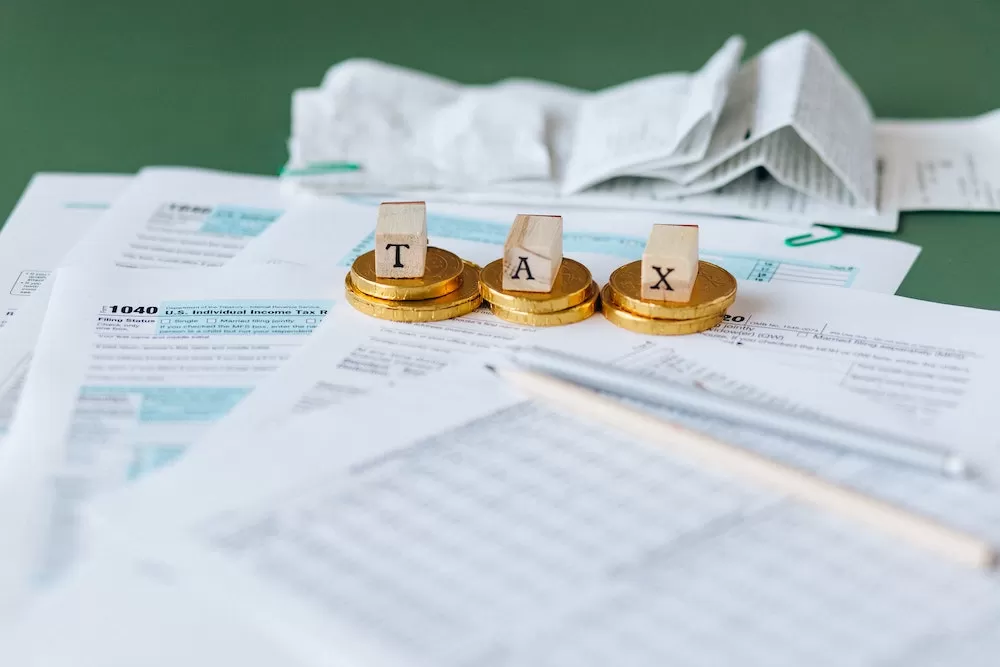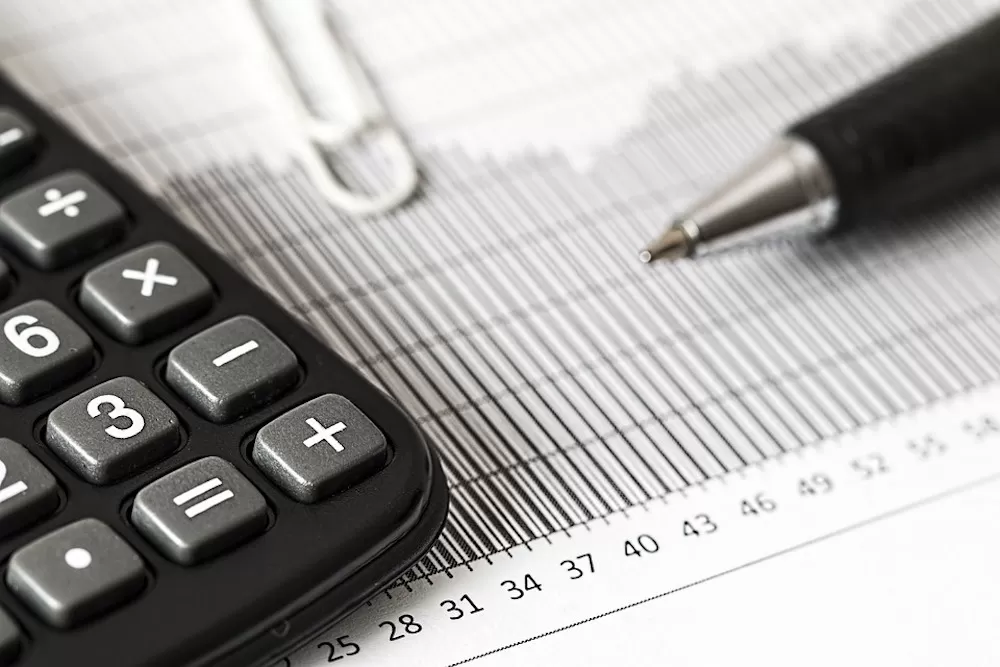South Africa uses a residence taxation system. This means that all residents in the country are obliged to pay taxes. Even if you're not a citizen and you don't identify as a South African, you're still required to pay your fair share to the government. This includes taxes on income, property, and of course, the VAT. So if you have any plans to stay in South Africa for a long period of time, know that you may have to pay taxes here. And it's better if you're already familiar with South Africa's tax system beforehand.
Who's Required to Pay Taxes in South Africa?
First things first, it pays to know who's required to pay taxes in South Africa. As already mentioned, the country uses a residence-based taxation system. All of the residents of South Africa have to pay taxes, no matter their source of income. So if you move and work here, rest assured that you'll be a tax resident. Non-residents, on the other hand, are required to pay taxes on South Africa-sourced income. And in relation to that, homeowners are also obligated to pay property taxes in South Africa, regardless of their residency status.
How is The South African Tax System for Foreigners?
Seeing as foreigners also have to pay taxes in South Africa, how does the system treat them? Well, according to
Expatica, foreigners staying in the country have to pay the same taxes as local citizens. They even share the same tax rates too. And for those coming from certain countries—such as the UK, the US, Japan, Australia, Sweden, and more—tax treaties with South Africa allow them to avoid double taxation. In the same vein, foreigners don't have to pay taxes on their international pensions. Only local pensions are taxed by the South African government.
What is The Income Tax Like in South Africa?
Just like the
tax systems in France and
the US, your income tax rate in South Africa depends on how much you earn annually. For example, the tax rate for those who earn less than R226,000.00 is 18%. For those who earn between R226,000.00 to R353,100.00, the rate goes up to 26%. And if you earn around R1,731,601.00 or above, your tax rate is 45%. It's also important to note that self-employed professionals have to pay the same tax rates for their income. They don't have separate conditions unlike in other countries around the world.
How Do You File For Your Income Tax Returns in South Africa?
If you're a tax resident of South Africa, you're also required to file annual tax returns. The tax year here starts from March 1st to February 28th/29th. On the other hand, South Africa's tax season is commonly from July to November. When you have to file your tax returns depends on the filing method. And if you fail to file your tax returns, you will face various consequences. This includes penalty fees that range from R250.00 to R16,000.00 or even a prison sentence of up to two years. It all depends on how severe your tax crime is.
What is The VAT in South Africa?
As with any other country out there, you also have to pay VAT in South Africa. Depending on where the goods and services are bought, everyone, both residents & non-residents pay this tax. And the flat rate in the country is 15%. Technically, the businesses selling their goods & services are those who have to pay the VAT in South Africa. But by adding the VAT to their products, they pass on this responsibility to their consumers. There are, however, a few exceptions to the VAT. The most common of which is financial service.
What are The South African Taxes on Property & Wealth Here?
As one of the largest economies in the world—as well as the largest in Africa overall—it makes sense that there are property and wealth taxes in South Africa. There's the transfer duty, for example, which is paid when you buy property in the country. And similarly to income tax, the rates of your transfer duty depend on the property value. Since it's technically a source of income, the rental fees you get from your tenants are also taxed, albeit separately from other income. And if you inherit any estate worth around R30 million, you have to pay the inheritance tax. The rate here is 20% and if you inherited more than R30 million, it goes up to 25%.
South Africa's tax system has a number of specific rules and complexities you ought to learn about if you plan on staying or even relocating here. This will ultimately make your time here that much easier!



